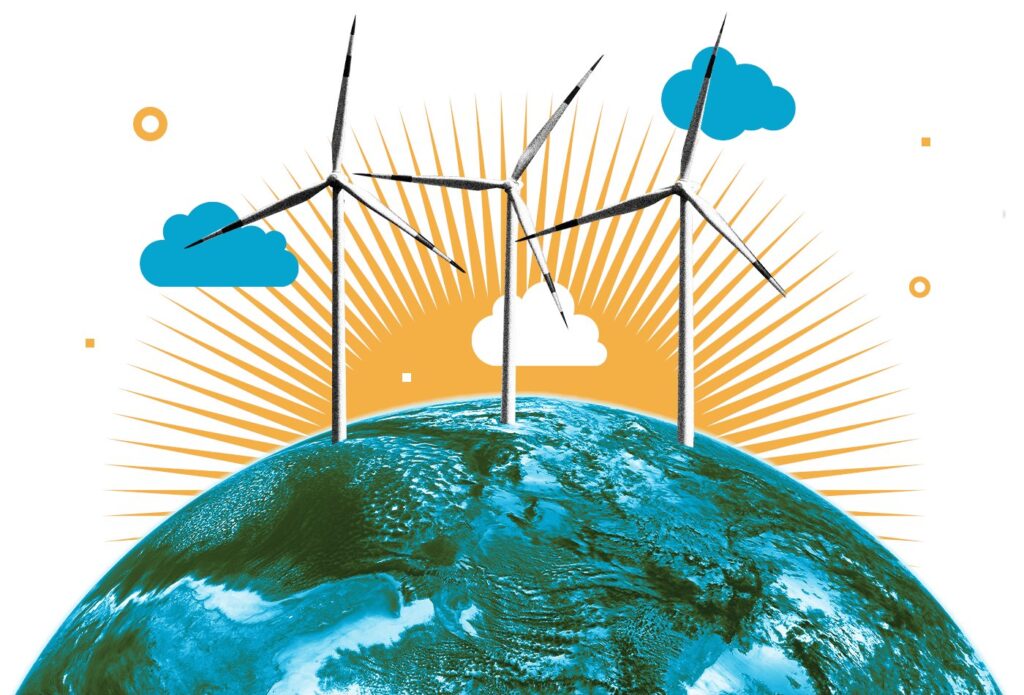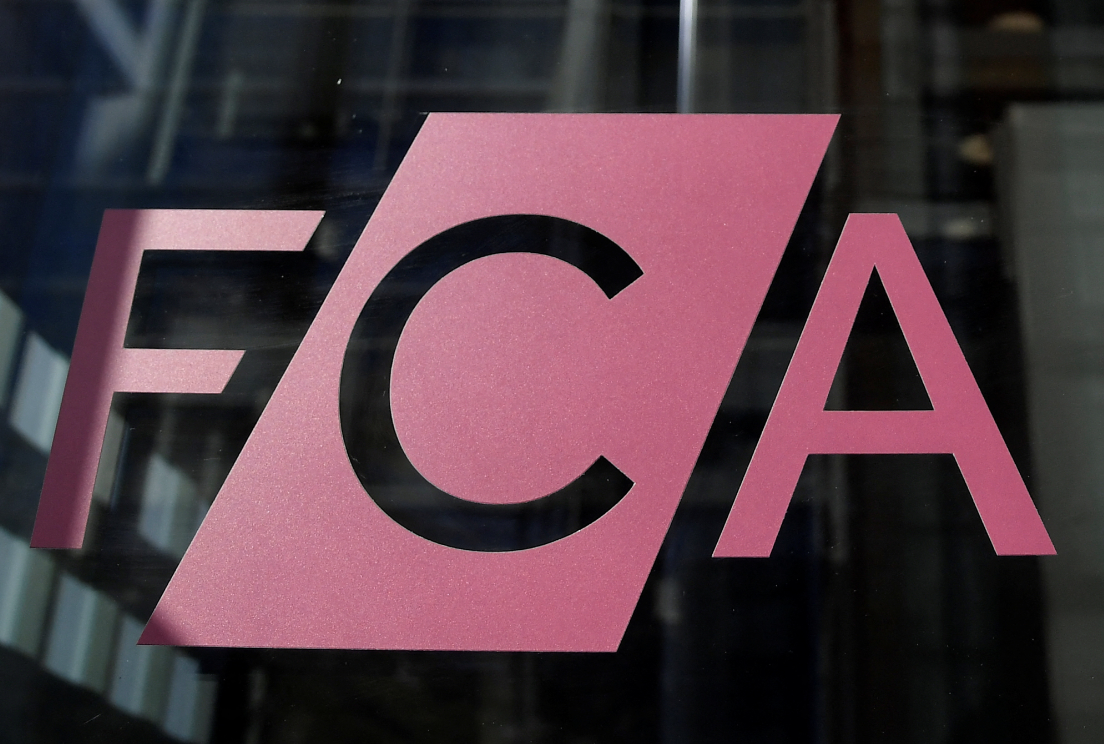Institutional Investors Call for Policy Unleashing $275 Trillion for Net Zero

|
Listen to this story:
|
A failed energy transition might reduce global GDP by as much as $6 trillion per year by 2050.
A group of institutional investors with over $11 trillion in assets under management, including Allianz SE, Axa SA, and the California Public Employees’ Retirement System, has urged governments to remove policy barriers that are hampering investment in clean energy. The Net-Zero Asset Owner Alliance (NZAOA) says that governments need to implement clearer and stronger policies to support the transition to a low-carbon economy.
“This is an opportunity of a generation and we want to be part of that, and there’s just some small levers which governments need to pull or assist with,” said Olga Hancock, co-leader of the group’s work on public policy and head of responsible investment for the Church Commissioners for England. “We want governments to hear the message that we — as capital allocators at the pinnacle of the food chain — want that to happen,” she said in an interview.
As New York Climate Week is in full swing, the UN-Convened Net-Zero Asset Owner Alliance, ahead of its first AGM this week, has published a new discussion paper, “Unlocking Investment in Net Zero,” calling for the removal of key political barriers to achieving net zero greenhouse gas emissions by 2050.
The paper finds vast economic opportunity for transitioning to a 1.5°C scenario, with up to US$275 trillion in climate investment opportunities by 2050, and many grave risks associated with the failure to transition, including up to $4-6 trillion in GDP losses per year by 2050.
Related Article: ExxonMobil Wins UK’s first-ever Carbon Storage Licensing Round, Accelerating Net Zero Path
In particular, the paper cites that the key decarbonisation technologies are already mature, cost-effective, and deployed at scale. The World Energy Outlook report, to be released next month, is set to confirm that the spectacular growth of clean energy technologies is one of the reasons for which the demand for coal, oil, and gas will peak this decade.
The paper also reveals key political barriers to the net-zero transition, including a lack of public and private investment in infrastructure such as grid upgrades and public chargers for electric vehicles. The Alliance calls on policymakers to remove obstacles.
Further, the Alliance sets out solutions to the adoption of new technologies, such as financial support in the form of subsidies, grants and tax credits, that can be used to improve the risk/return profiles of investments, upgrade public infrastructure and increase sourcing capacity, as well as phasing out government support for brown assets. The report also points to new regulations and standards that incentivise stakeholders as key requirements for unlocking the full potential of the net zero transition.
Günther Thallinger, Board Member, Allianz SE and Chair, UN-convened Net-Zero Asset Owner Alliance, said, “As we have learnt from advanced climate solutions, such as renewable energy and vehicle electrification, advantageous policy environments are a key enabler of uptake. Public subsidies and incentives for electric vehicles, for example, doubled from 2021 to 2022 to about USD 30 billion globally, and we’re seeing similar trajectories for renewable energy and heat pumps.”
“We must see these approaches replicated to similarly drive emergent technologies, such as green hydrogen and sustainable aviation fuels, without which it will be impossible to reach net zero given the scale of the transition. Asset owners have a huge role to play, with potential contributions up to USD 31 trillion by 2050, but only by removing current investment barriers will we be able to unlock the full potential of private capital.”










